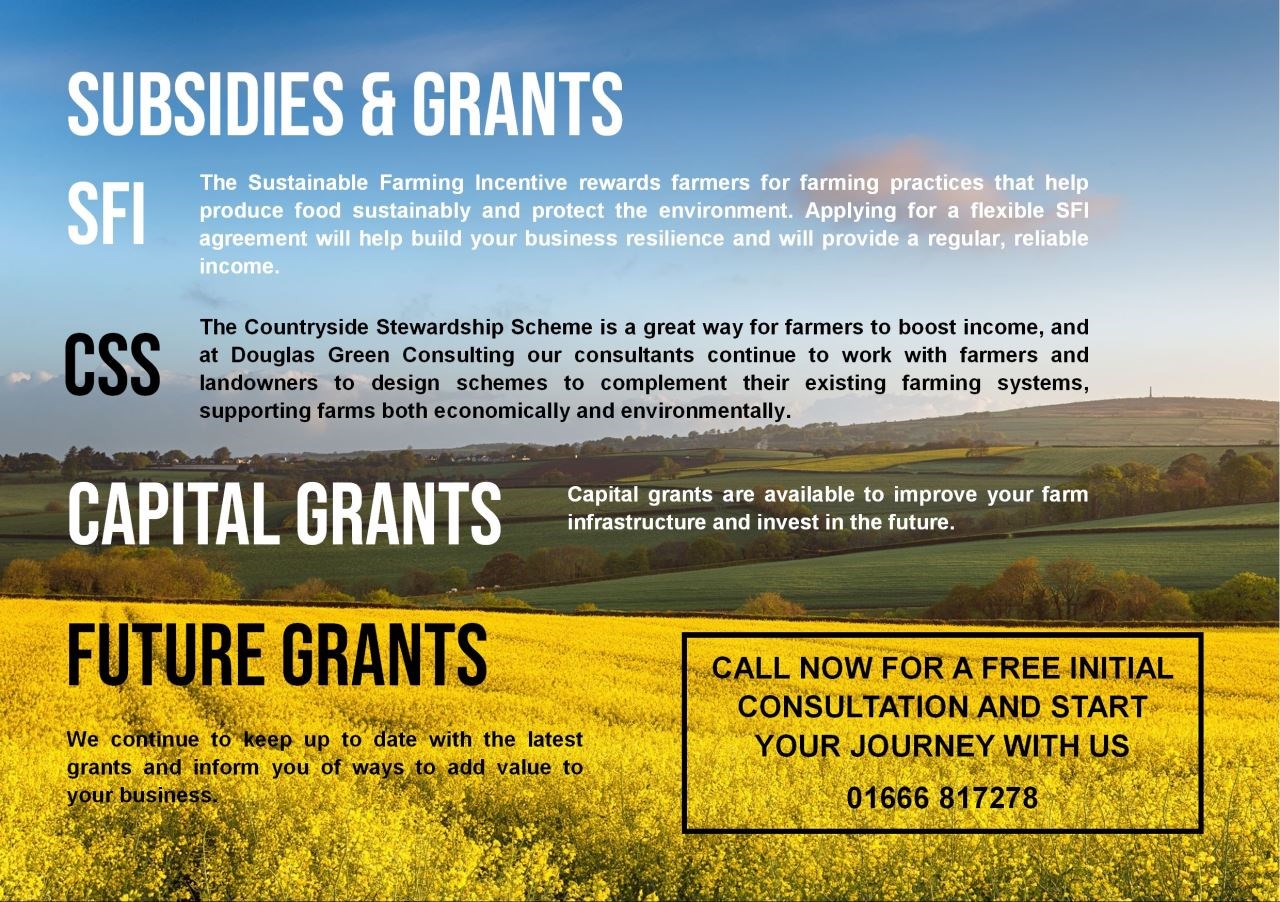On Wednesday 30th October Rachel Reeves delivered the first budget under the new Labour administration. As expected, several of the announcements have direct implications for Agriculture.
Agricultural property relief
Following the changes to the Agricultural Property Relief (APR) we would advise talking with your accountant and solicitor before making any knee jerk reactions to the announcement as they will be able to guide you through these amendments and ensure the best outcome for your business.
The changes to APR mean there is 100% relief available for the first £1 million of combined agricultural and business assets. On any qualifying assets above £1m, inheritance tax will be subject to a 50% relief, an effective rate of 20%. The change is to be introduced from April 2026.
capital gains tax
Capital Gains Tax (CGT), which is the tax on the profit when you sell an asset that has increased in value. The lower rate rising from 10% to 18% and the higher rate rising from 20% to 24%. On residential property the rates will remain at 18% and 24%. These changes were effective as of 30th October 2024.
National insurance and minimum wage
The largest tax increase comes in the form of an increase in Employers National Insurance contributions, the rate will increase by 1.2% from 13.8 to 15%. And to add to this, the threshold is reducing from £9,100 to £5,000.
Since employers are only required to account to HMRC for employer NICs to the extent that they exceed the employment allowance, the increase in the employment allowance from £5,000 to £10,500 will have slightly mitigated. This will only benefit the smallest of employers as well as employers that did not previously pay employer NICs due to employment allowance covers, will now have to do so.
Changes apply from 6th April 2025. The new threshold of £5,000 will be expected to be in place until at least 5th April 2028.
The national living wage for those 21+ will go up 6.7% to £12.21 per hour. The 18 – 20 year old rises to £10.00 and apprenticeship wages increase to £7.55 per hour. The combination of both national insurance and minimum wage increase means that employing staff will become more expensive. Care needs to be taken not to pay less than the minimum wage for salaried employees.
Bps Reductions
Following the budget, DEFRA have announced their planned deductions to delinked BPS payments in England for 2025 and the cuts are more severe than we expected. For 2025 a reduction of 76% will be made to the first £30,000 of your payments. However, for any payment over the £30,000 threshold we will see a 100% reduction. This means that all English farms will receive a maximum payment of £7,200 in payments next year. DEFRA’s intentions are that this approach will enable more farmers to access funding for environmental land management, focusing on those who are dedicated to sustainability and environmental stewardship.
DEFRA has confirmed that SFI, Countryside Stewardship (Higher Tier) and Landscape Recovery schemes will continue. When Countryside Stewardship Higher Tier opens, it will have a rolling application window with a streamlined application process to increase accessibility – more information will be published in December.
With the news that BPS will reduce significantly, it is more important than ever to ensure that you have an SFI or CSS application in place as you can receive payments as soon as 3 months.
If you would like assistance with Countryside Stewardship or Sustainable Farming Incentive application contact our office 01666 817278



